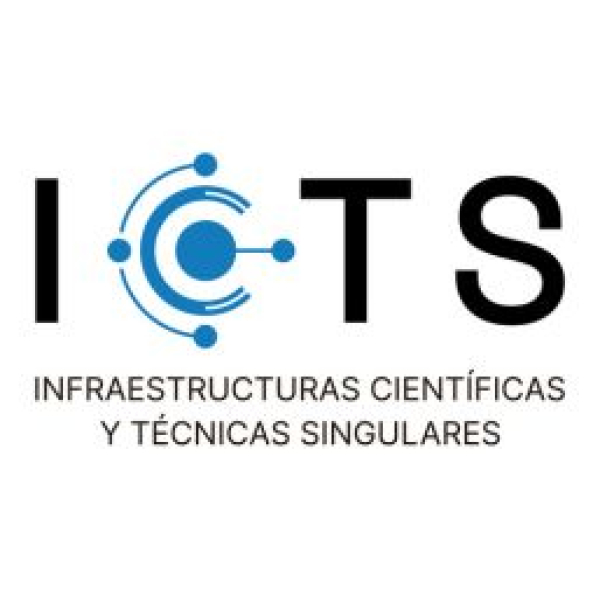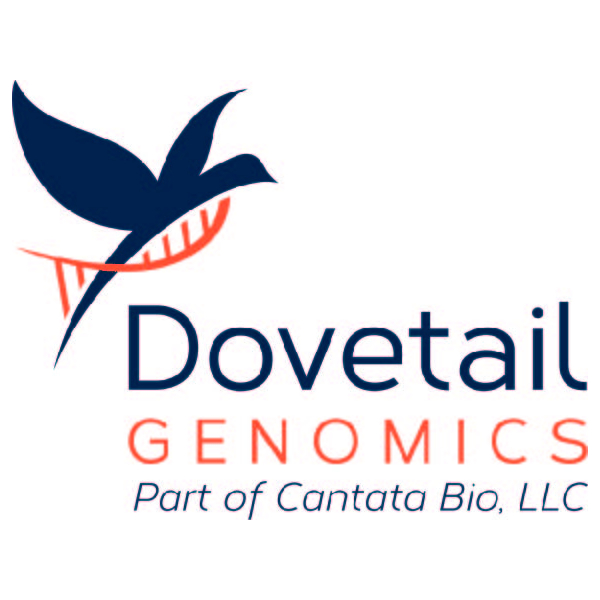Beyond One Million Genomes
The project’s purpose is to support the implementation of the declaration of cooperation ‘Towards access to at least 1 million sequenced genomes in the EU by 2022', known as the 1+...
Coordinator: Serena Scollen (ELIXIR) and Ruben Kok (DTL, The Netherlands)
The HCA Pancreas Initiative
The Human Cell Atlas (HCA) is a global initiative with the mission to create comprehensive reference maps of all human cells – the fundamental units of life – as a basis for both understanding human health and diagnosing, monitoring, and treating disease.
Three prior HCA early pilot studies of the...
Coordinator: Roland Eils (Charité Universitätsmedizin Berlin – Berlin Institute of Health, Germany)
Identification of the Molecular Mechanisms of non-response to Treatments, Relapses and Remission in Autoimmune, Inflammatory and Allergic Conditions
Autoimmune, inflammatory and allergic diseases are common chronic diseases that significantly affect the wellbeing of millions of people around the globe and pose a substantial burden to healthcare systems. While different treatments are available, response and disease progression in individual...
Coordinator: Marta Alarcón-Riquelme (GENYO, Spain)
Decision on Combinatorial Therapies in Immune-Mediated diseases using Systems approaches
DocTIS is a multicentric project involving diverse basic, applied and clinical research centres from Spain, Sweden, Italy, Germany, UK and USA aimed at improving treatment efficacy in six Immune-Mediated Inflammatory Diseases (IMIDs), encompassing: Crohn’s disease, ulcerative colitis, rheumatoid...
Coordinator: Sara Marsal (VHIR, Spain)
Integrated IMMUnoprofiling of large adaptive CANcer patients cohorts
IMMUcan proposes an inclusive and integrated European immuno-oncology platform. IMMUcan will access high-quality human biological material (tissue, blood, stool and saliva) and clinical data from patients with colorectal, lung, head & neck, breast, gastric cancers and immune checkpoints...
Coordinator: Stéphane Lejeune (EORTC, Belgium)
Single-cell genomics to comprehensively understand healthy B-cell maturation and transformation to chronic lymphocytic leukemia
The BCLLatlas project includes four research groups from the Centro Nacional de Análisis Genómico (CNAG-CRG) of the Centre for Genomic Regulation (CRG), and the Institut d’Investigacions Biomèdiques August Pi i Sunyer (IDIBAPS). The project received one of the 2018 ERC Synergy Grants to unravel the...
Coordinator: Ivo Gut (CNAG-CRG, Spain) and Elias Campo (IDIBAPS)











